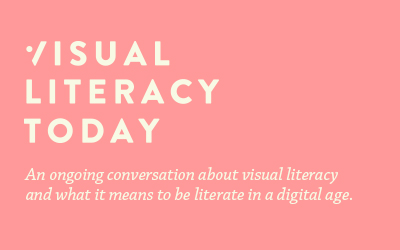The aims of this study were to evaluate the effectiveness of video games when learning multiliteracies competences, study how to use video games on educational contexts, carry through a program with primary school students, and draw recommendations to design similar projects.
Regardless of institutional type or resources, one question facing archives and special collections is how archival collections can be efficiently enhanced with minimal or no original metadata. This issue becomes a focal point when collections are digitized, as metadata is what makes digital collections more accessible and usable. This case study explores the development of a digital collection using card sorting activities and gamification techniques and analyzes the direct and indirect effects of each strategy, including student employee connections to library learning goals and visual literacy standards.
How can librarians teach information literacy in such a politicized atmosphere? In spring 2017, the library at Fresno State held a series of workshops that introduced first-year students to information literacy in a “gamification” setting, an escape room, to encourage community learning.
In today’s K-12 educational environment with the newly adopted Common Core State Standards (CCSS), improving student literacy as a foundational skill to obtain success in all other subject areas is one of the most important goals. Unfortunately, many literature curricula suffer from a lack of innovative pedagogy despite the introduction of various educational technologies meant to aid student learning. This study focused on developing a new game-based constructionist pedagogical model for literature education using tabletop role-playing game creation. Using Shulman’s (1987) Pedagogical Content Knowledge (PCK) that eventually evolved into Mishra and Kohler’s (2006) Technological Pedagogical Content Knowledge (TPACK) as the main theoretical framework, this design-based research showed how tabletop role-playing game creation as a constructionist pedagogical strategy successfully helped high school students to receive the benefits of high quality literature education.
